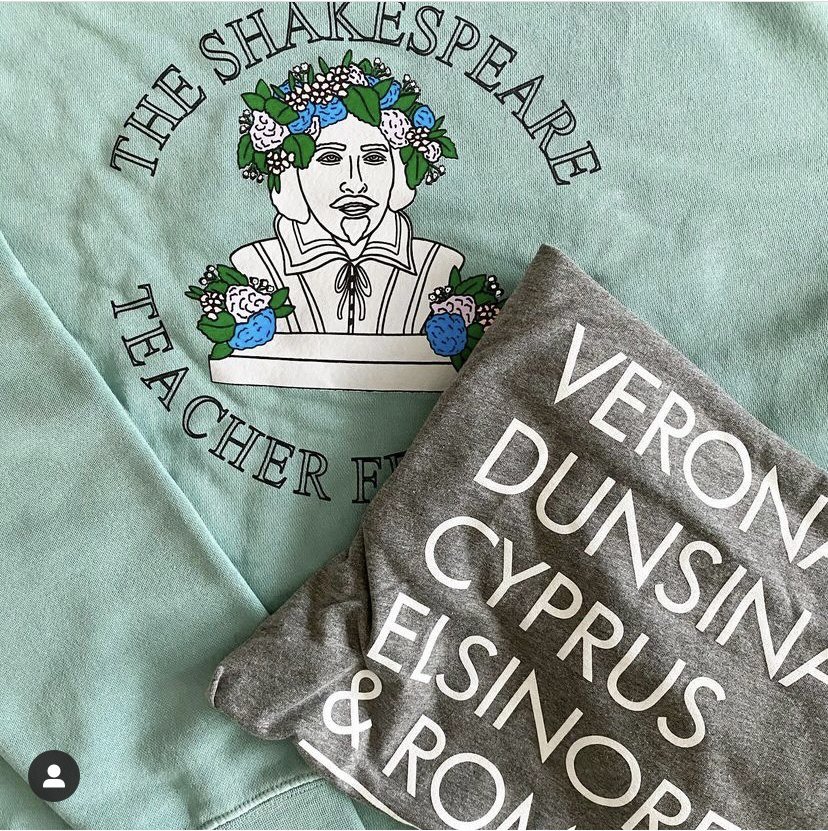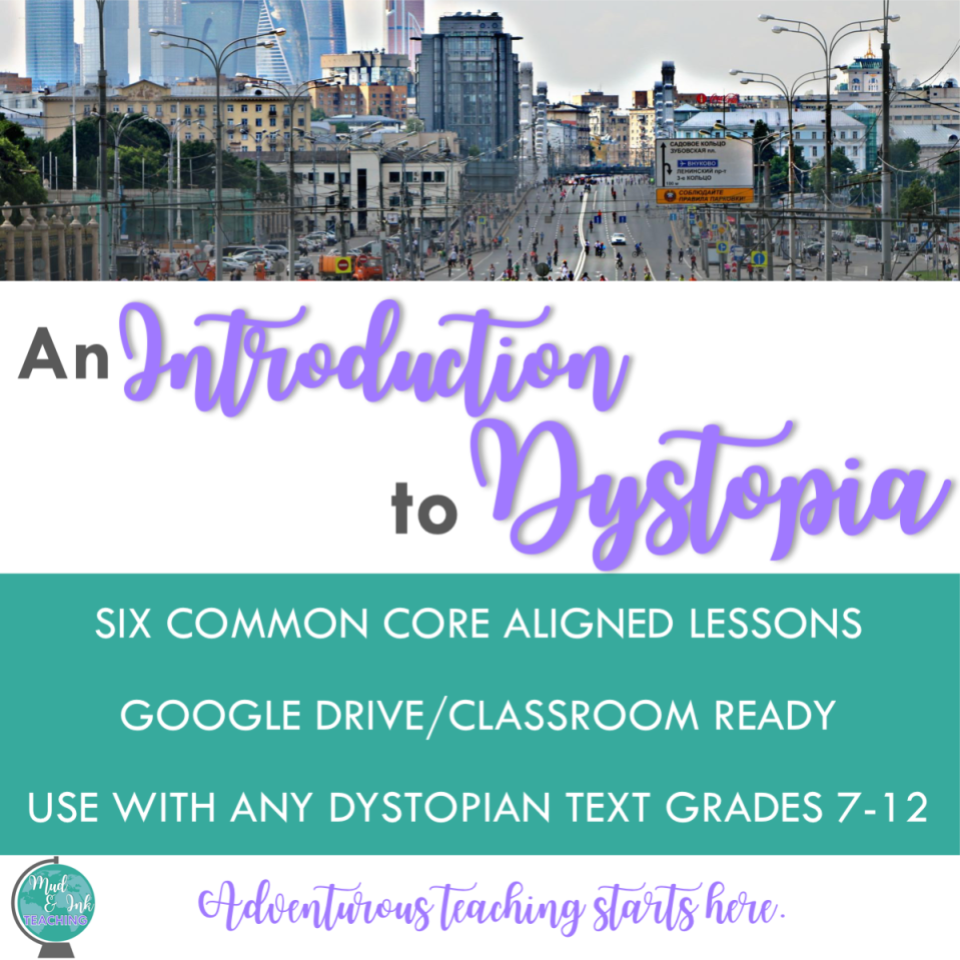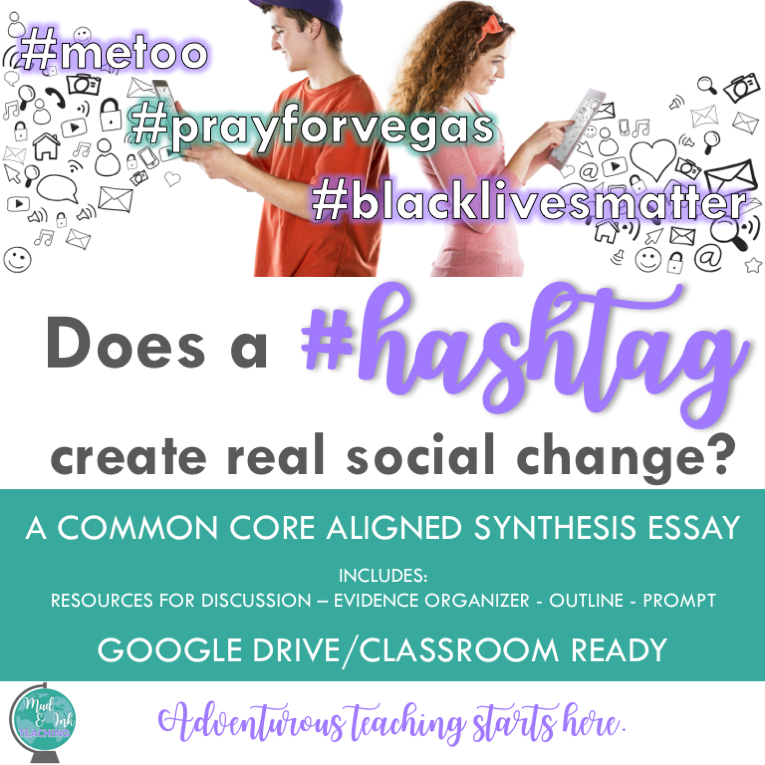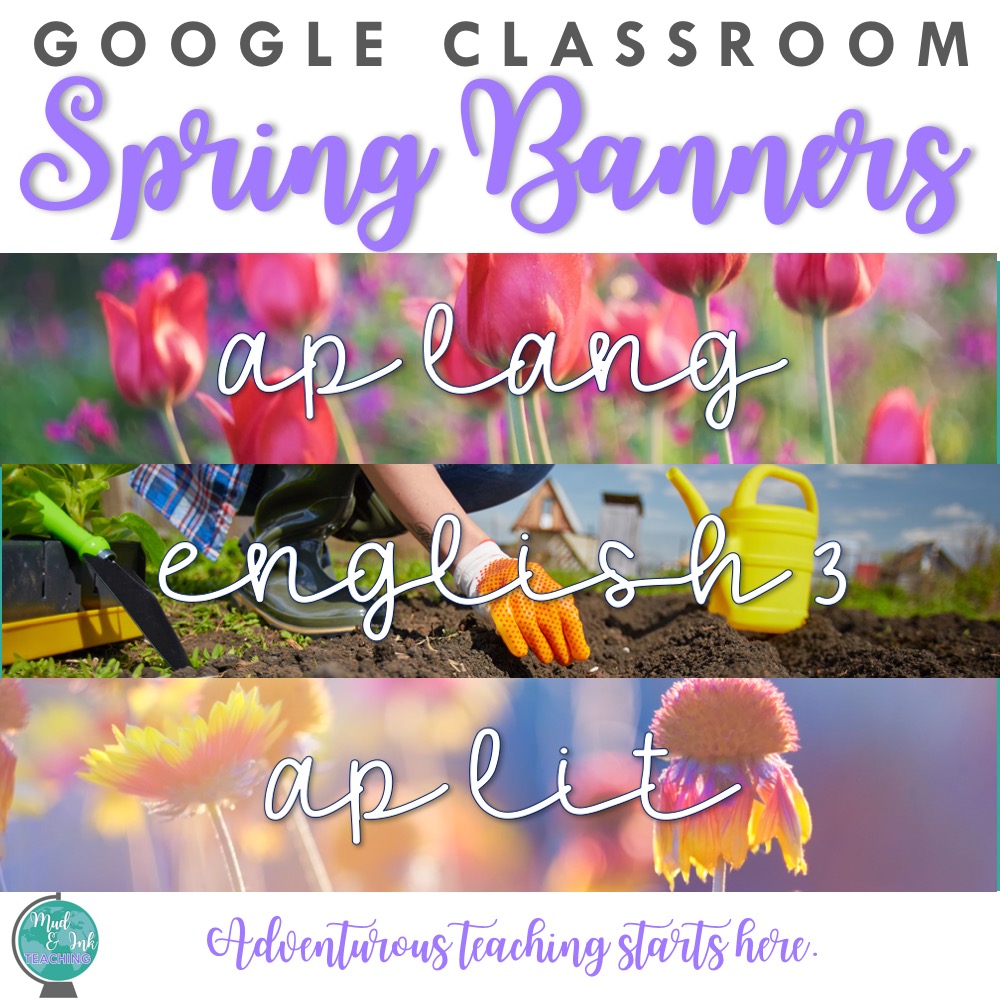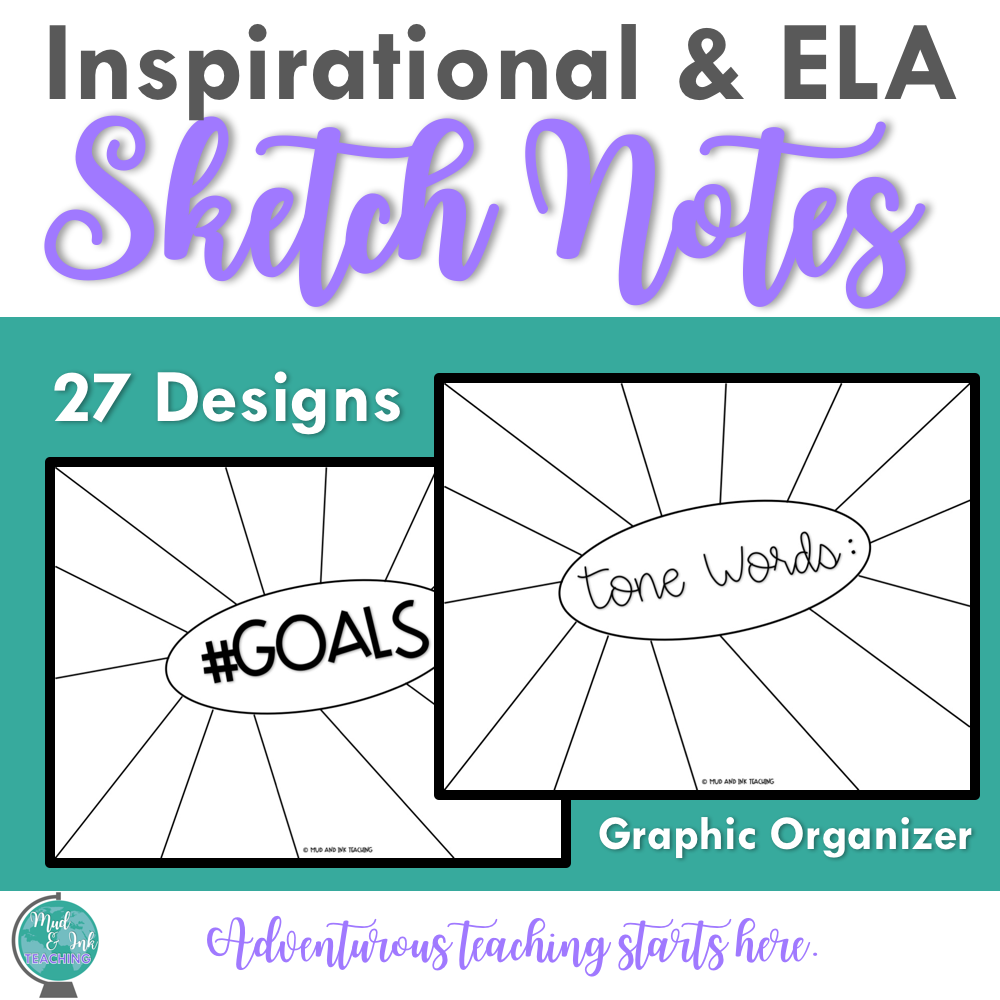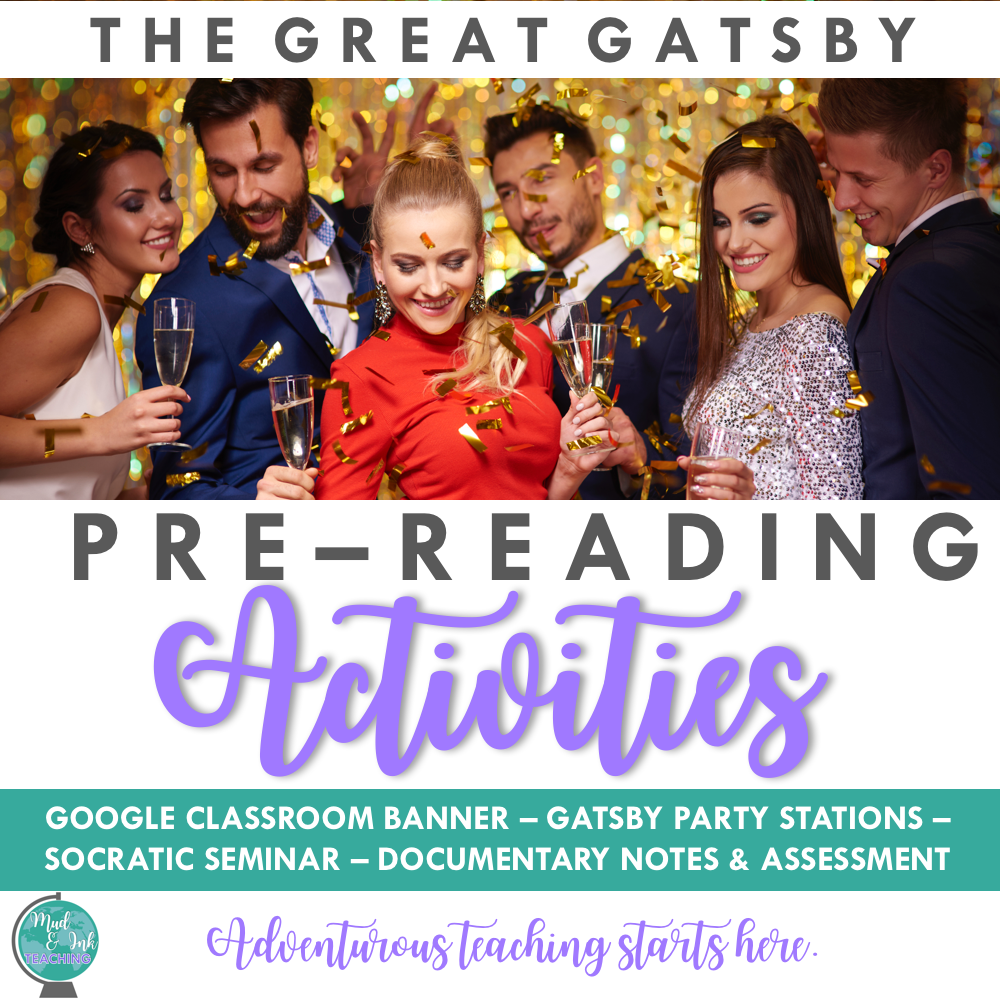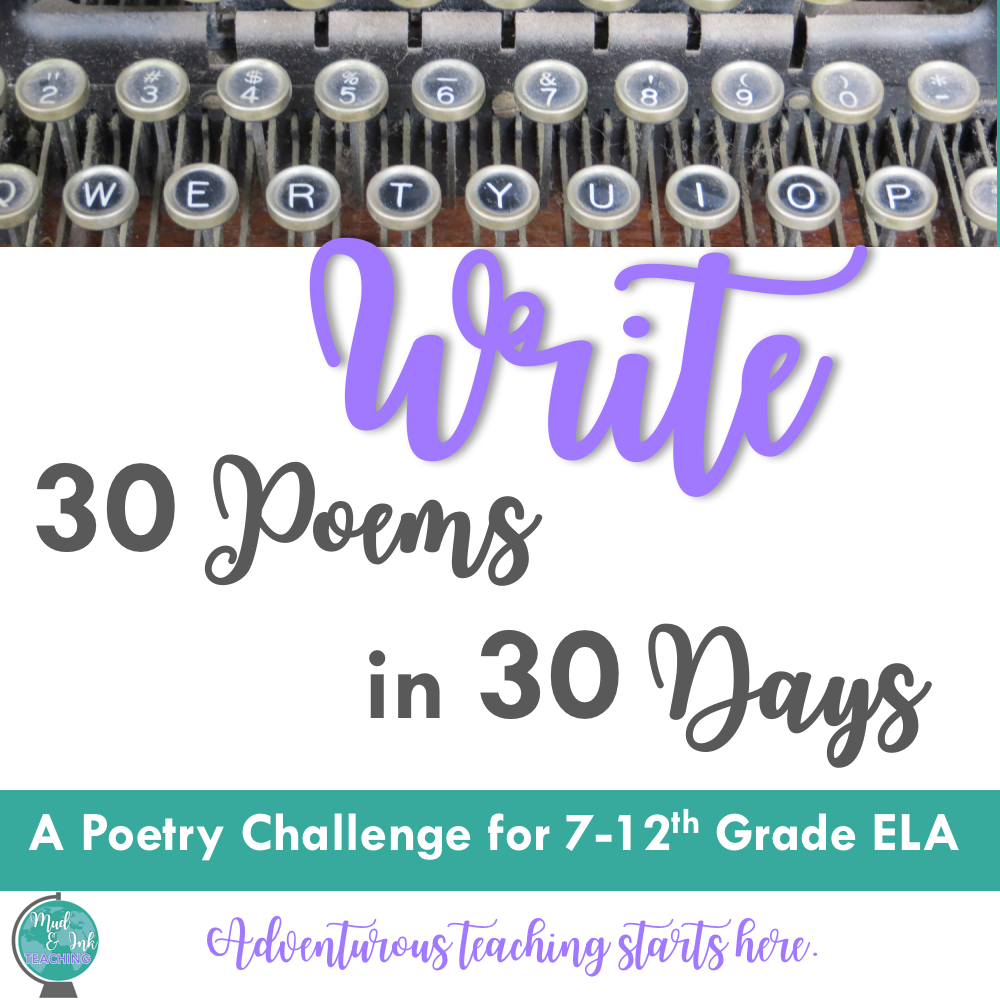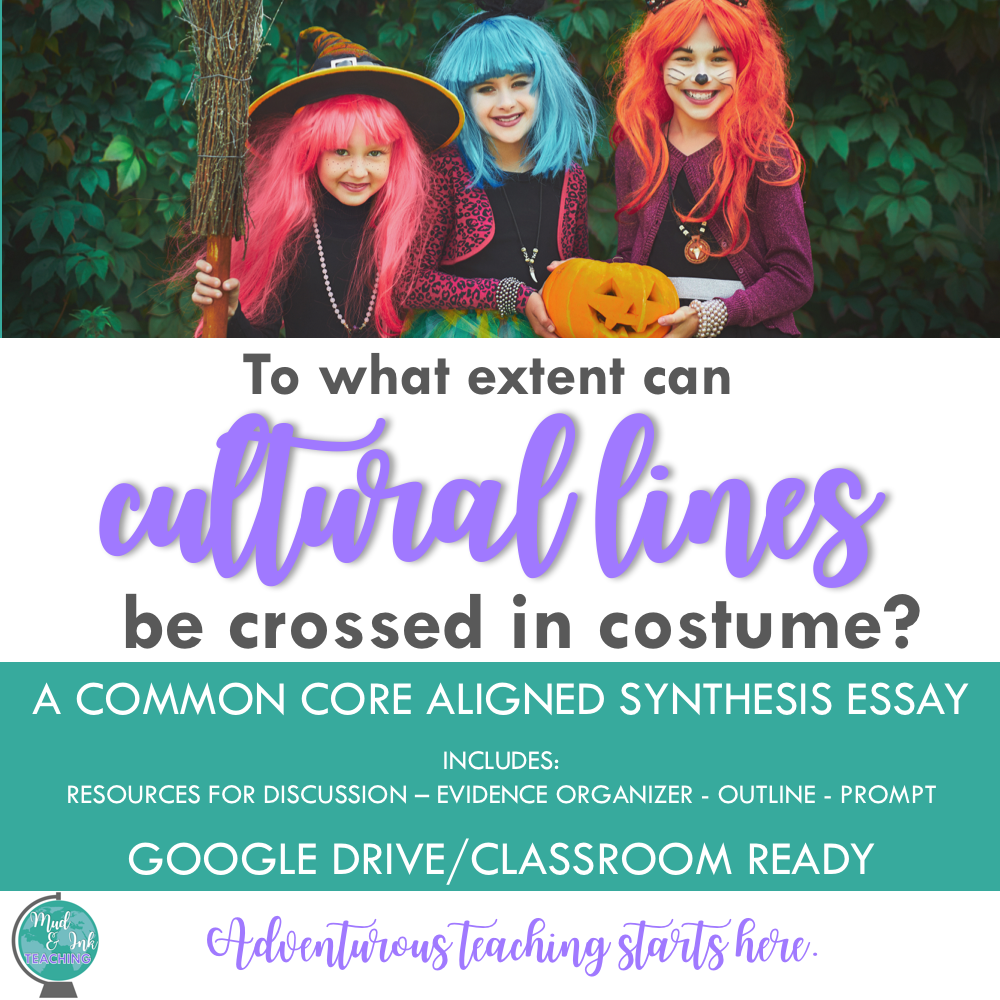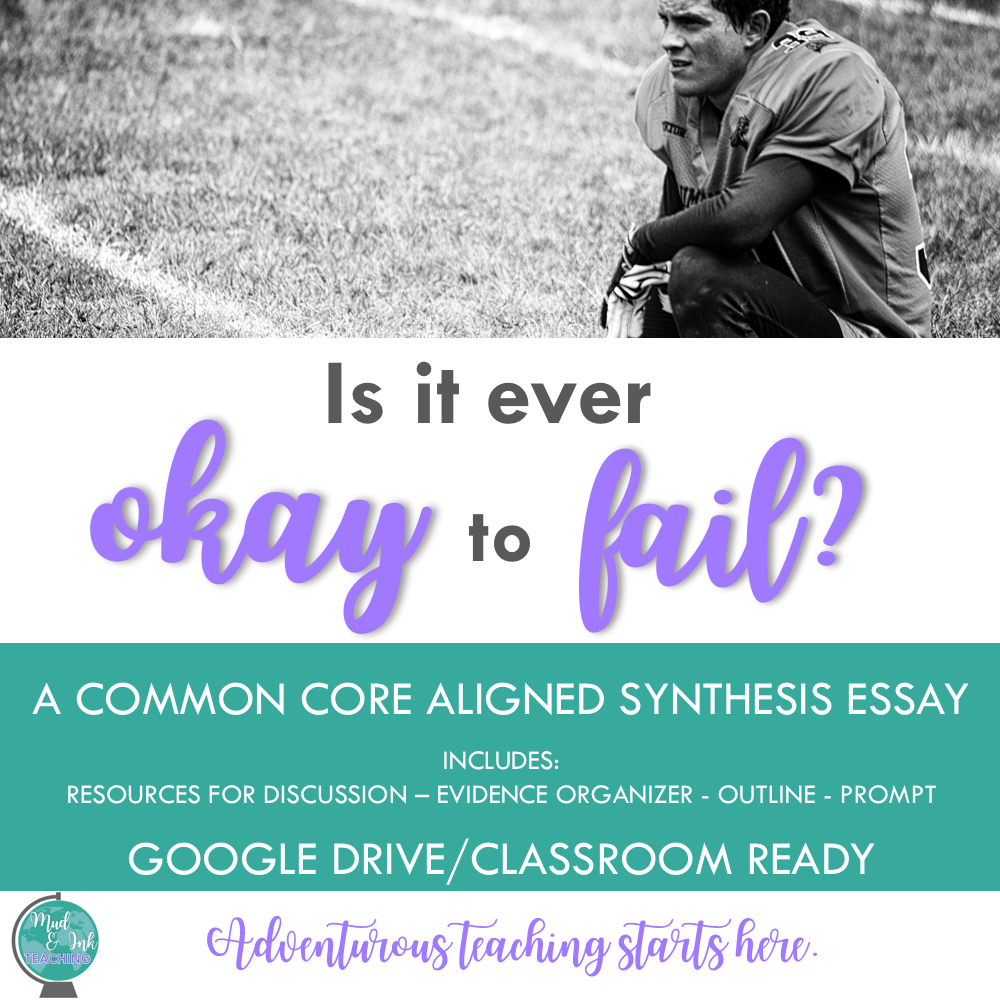Must-Try Essential Questions for your next Shakespeare Unit
This post is sponsored by the Shakespeare Teacher Festival with Brave New Teaching. The STF is a virtual professional development experience that’s one of a kind: the entire conference is dedicated to the English teachers that want to hone their craft writing units featuring The Bard. From brand new teachers to veterans of the craft, the Shakespeare Teacher Festival will bring new ideas, pairings, and best practice approaches to all who attend. Check out our exclusive merch and make sure you meet Flat Shakespeare — he’s a fan favorite! Join us LIVE in the spring or join us on your own time when you’re ready. See you at the festival!
If you’ve somehow arrived here and are not exactly sure what an Essential Question is or why they’re such a big deal, I advise you to start here (a quick overview) and then here (a demonstration of their amazingness!).
But let’s assume that you Googled “Shakespeare Essential Questions” or something of that nature. If that’s what you’re looking for, then you have arrived in the right place!
If you don’t have time to read the post, no worries. We recorded an entire podcast episode over at Brave New Teaching and you can just hit play below!
SHAKESPEARE EQ CHALLENGES
For me, Shakespeare has always been hard to teach, but once I figured out my true pain point, things got a whole lot easier for me. As challenging as the language is and the distance between Shakespeare’s world and my students’ day-to-day lives seemed impossible to close, I realized that what was making Shakespeare hard to teach, was actually…me.
Yep. Me. To be specific, MY DECISION MAKING. As a newer teacher, I struggled desperately to figure out what mattered most. I was asking students to decode language, track nine themes at a time, plot diagram for conflict, and I was putting together some kind of interactive group project for students to get on stage and do some acting.
It was too much.
Shakespeare is rich in theme, and this is what trips us up with essential question writing for Shakespeare units. Take Macbeth for one perfect example. It’s a play about ambition (and the cost of that ambition), corruption of power, power dynamics in a relationship, the cost of femininity, the role of fate and free will, and, and, and…
So what ONE essential question puts the thread through this needle? What ONE question links together all of the major themes?
The easy (but annoying) answer is: there isn’t one.
The best essential questions in Shakespeare actually work to simplify a unit. They work to help you make decisions about which path you’re going to follow and force you to make instructional decisions that give purposeful shape to the unit. The essential questions suggested here in this blog post may seem extremely simple and narrow, but that’s for a good reason. Each question should shed light on the direction of a UNIT. In essential question-based teaching, one of our big goals is to de-center the text. We want to build a unit on the curiosity of following inquiry, not on the assigned (teacher-driven) work that’s just handed to students.
SHAKESPEARE EQs THAT WORK
Each of the EQs below are examples of directions that each given play unit could take. You’ll notice that each question contains a slightly different question stem and one central theme. Just because the question focuses on one theme doesn’t mean that other themes in the play have to be ignored, but they give the unit a spine, a focal point, and a direction that keeps everyone connected.
Julius Caesar: What does it take to be a great leader?
Macbeth / Hamlet: Are monsters born or made?
Othello: What happens when the villain wins?
Midsummer / Taming of the Shrew: What makes some stand up to injustice and use their voice, while others remain silent?
Romeo & Juliet: Is true love fantasy or destiny?
Another EQ I’ve used with Macbeth is: Is my life controlled by my own decisions or what others tell me I’m supposed to be? To kick off the unit, we start with an interactive PearDeck discussion and ask students to look at hypothetical scenarios. These discussions hook students into the EQ long before they see any Shakespearian language or even know the plot of the story.
IMPLEMENTING EQs INTO THE UNIT
Threading an EQ throughout a unit can be tricky, but one of my favorite methods is by using a tracker. Trackers come in many shapes and sizes. They also have multiple benefits: not only do they serve as an anchor to the EQ for check-in whenever you need it, but they become a physical place for students to pull text out of the play and into the context of the EQ. I don’t give my students copies of the book when teaching Shakespeare (we watch the production and read key scenes as a close read or using MyShakespeare), so I love that there’s a place to keep the language nearby. This tracker is the perfect brainstorming AND outlining for a summative assessment driven by the essential question. Take a look at what I use when teaching Macbeth:
For each Act, students are grappling with evidence on a continuum. Every time they pull evidence and put it on the line, they’re making an initial claim and practicing defending that claim as they explain their placement. It’s not a formal body paragraph, but the critical thinking process is emulated in this seemingly simple “check-in” kind of activity.
There are so many ways to let the EQ direct your unit, so feel free to take these in whatever direction you choose. If you’re looking for support getting started using EQs, I have a lot of ways to support you!
Which question are you going to try first? Let me know in the comments below!




